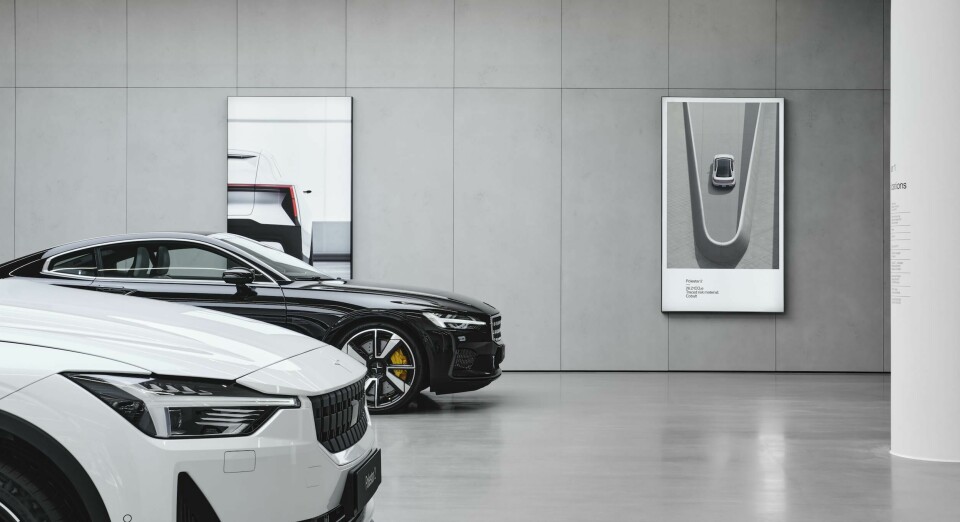
Polestar’s sustainability mission becomes all-encompassing
Polestar hopes to produce climate-neutral cars by 2030, which could have a big impact on design
Polestar has announced its new goal of creating climate-neutral electric cars by 2030. Dubbed ‘Polestar 0 project’, the idea is to change the way that cars are made instead of using traditional processes and offsetting emissions by planting trees.
To achieve the goal, Polestar says each party across the entire development process and value chain, “from suppliers to retailers”, will need to be involved. The company believes that offsetting traditional processes that have high emissions footprints is not sustainable.
“Offsetting is a cop-out,” says Thomas Ingenlath, Polestar’s chief executive. “By pushing ourselves to create a completely climate-neutral car, we are forced to reach beyond what is possible today. We will have to question everything, innovate and look to exponential technologies as we design towards zero.”
There will likely be a significant impact on Polestar’s design studios, not only influencing the objects and materials included in the vehicles but also on the way in which the people inside the studios work.
Ingenlath has been vocal on the materials used inside Polestar’s models and the direction in which he hopes to take the company. In a short film published last year, he covers details of the Precept concept and explains how “sustainability can become a driving force and driving energy for our new cars.”
As part of its plan, the carbon footprint and traced risk material of each Polestar 2 will appear on the company’s website and in Polestar Spaces (showrooms/dealerships). “Consumers are a huge driving force in the shift to a sustainable economy. They need to be given the right tools to make informed and ethical decisions. This makes things very clear. Today, Polestar 2 leaves the factory gates with a carbon footprint. In 2030 we want to present a car that does not,” says Ingenlath.



